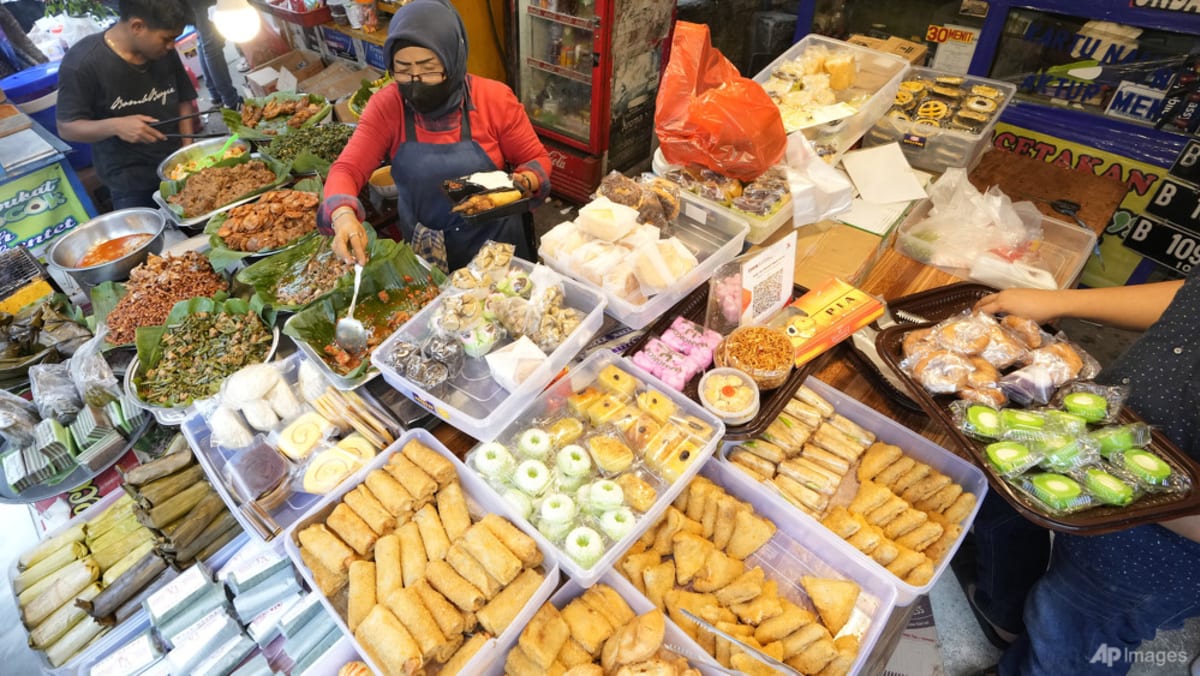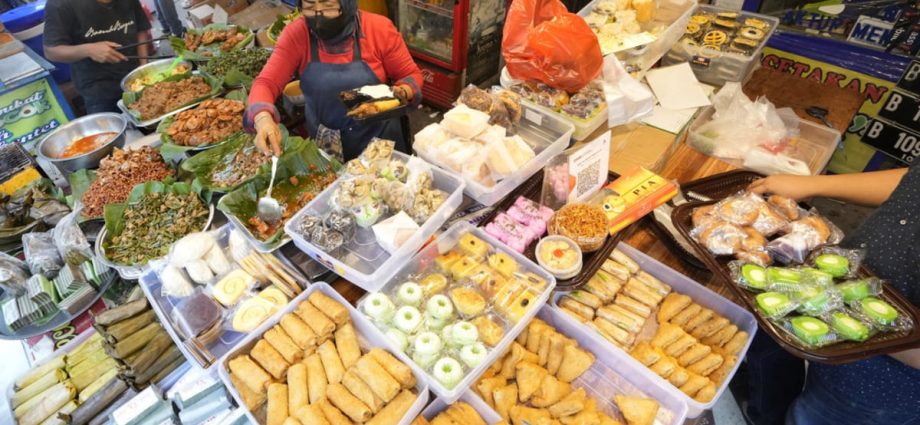
Japan, South Korea, Singapore, even Thailand have fared much better than Indonesia in this respect. In the Global Soft Power Index 2023, they all sit above Indonesia, which sits in 45th place. Much remains to be learnt about how these countries manage their soft power potential.
Take neighbouring Thailand, for example. Through government-led gastro-diplomacy initiatives, the country has successfully boosted the presence of Thai restaurants overseas from around 5,000 in the early 2000s to 15,000 by 2018, according to one study.
A recent report by the Pew Research Center shows that Thai restaurants make up 11 per cent of all Asian restaurants in the United States – the third most common after Chinese and Japanese. Export of Thai agricultural products and tourism have increased accordingly. These have helped boost Thailand’s cultural influence.
PARADIGM SHIFT NEEDED
To incorporate soft power into Indonesia’s geostrategic projection, a change of paradigm by its policymakers is a necessity. A conventional paradigm conceives Indonesia’s main source of strength as lying in numbers: Population, natural resources, or territory. Defence Minister Prabowo Subianto exemplifies such a view – as evident in his most recent book Paradoks Indonesia.
Mainstreaming soft power as a policy paradigm requires Indonesian policymakers to start seeing its pristine nature, biodiversity, culture and human talent as the primary capital of geostrategic influence.
Learning from Thailand’s experience, for instance, Indonesia should design a comprehensive policy to help its culinary heritage go global. Such policy would reinforce existing initiatives by civil society actors and the Indonesian diaspora to promote Indonesian culinary heritage (like tempeh) abroad and provide incentives for those wishing to partake in such endeavours.
While Indonesia has recently launched the Indonesia Spice Up The World programme to help promote local food and restaurants abroad, it remains to be seen whether it will end up merely as a slogan or fall prey to sectoral egos among the agencies involved, for which the Indonesian government is infamous.

